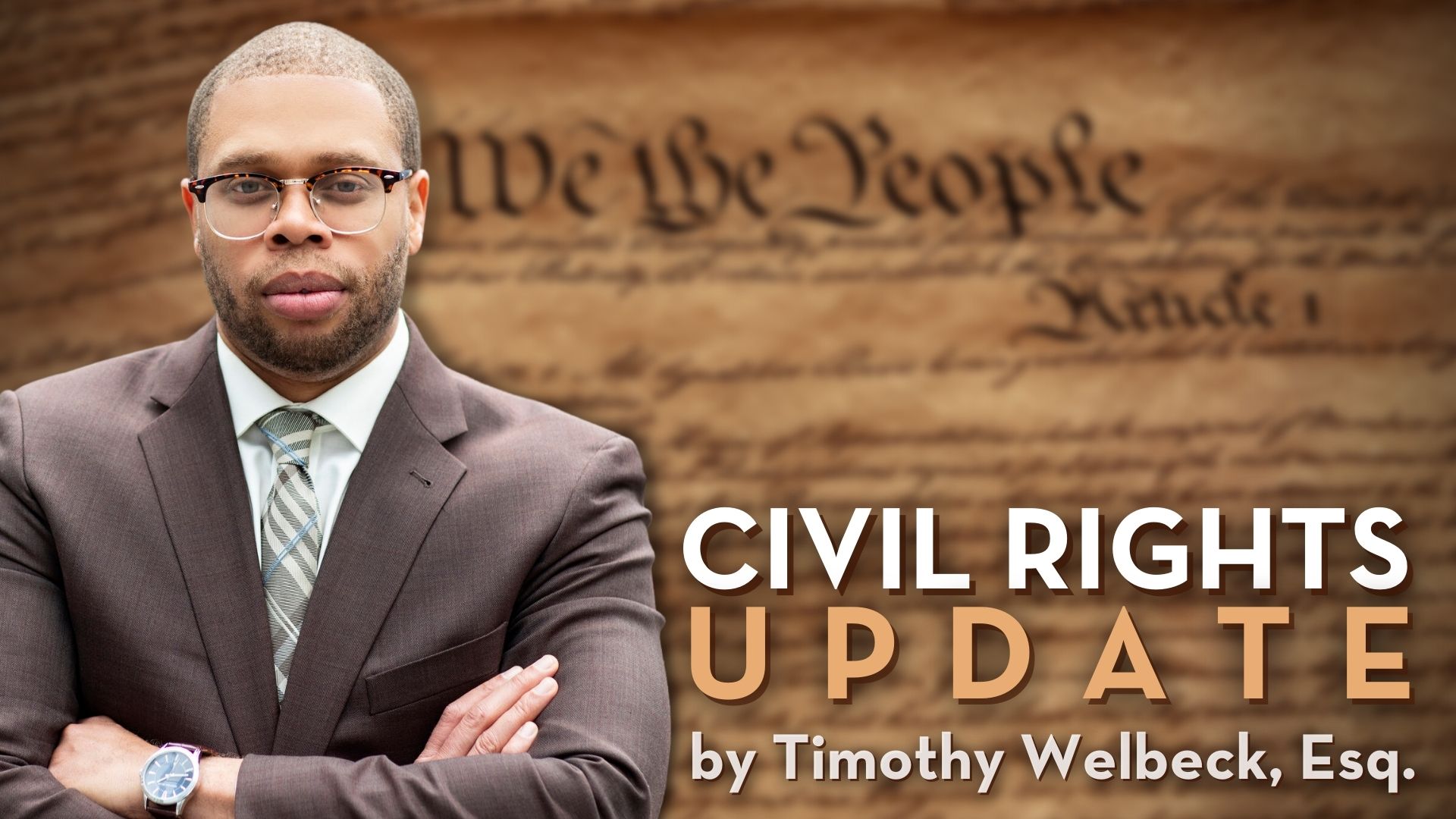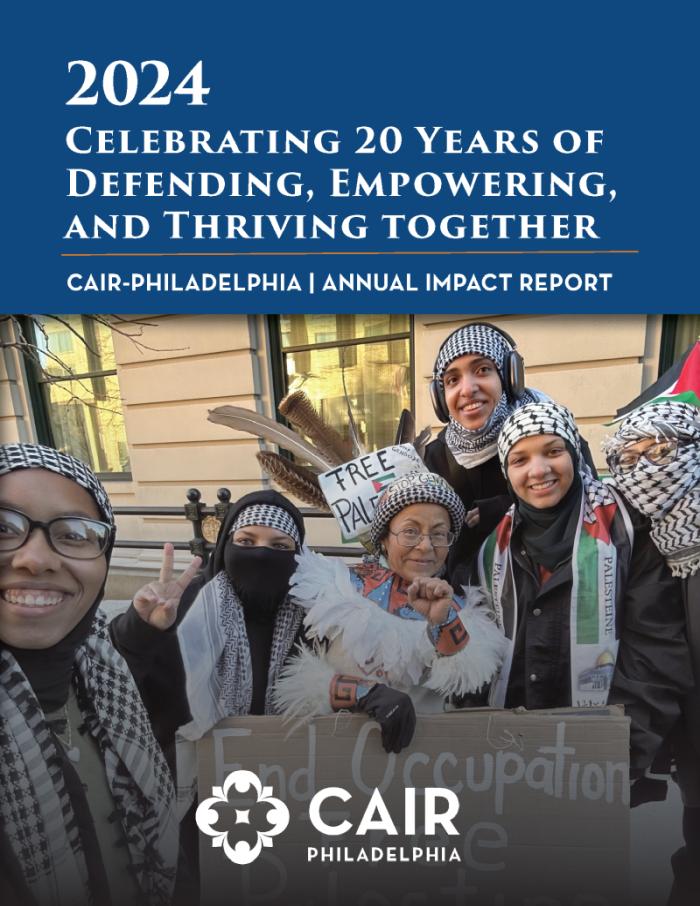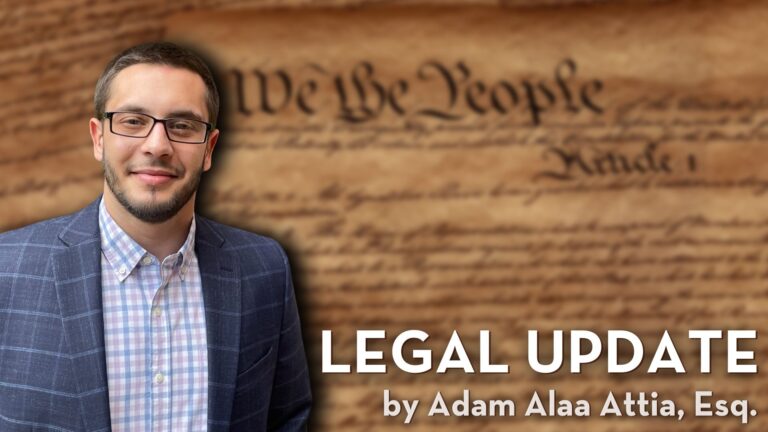CAIR’s Continued Fight Against Islamophobia in the Era of President Trump
Yesterday evening, President Trump addressed the 115th Congress on the State of the Union. Some, including the New York Times, the Wall Street Journal, and others, have described the address as a departure from President Trump’s polarizing, tumultuous, and chaotic first year in office. Notwithstanding, as Greg Sargent writing for The Washington Post noted, “The real core of the speech was his effort to rhetorically recast the key elements of that approach as unifying and conciliatory, without moving past them at all.” Thus, while President Trump’s State of the Union address did not feature the sort of flagrant Islamophobic remarks he has made in the past, his rhetoric, past and present, has emboldened many who share his distorted worldview.
Many have noted, even if anecdotally, that the United States has witnessed a spike in Islamophobia within the past few years, particularly with the political ascension of President Trump. Various organizations have verified the veracity of those observations recently. More specifically, the Southern Poverty Law Center has observed that the number of anti-Muslim hate groups in the U.S. has nearly tripled, and the number of hate crimes targeting Muslims has nearly doubled within the two years coinciding with President Trump’s presidential campaign and subsequent presidential administration (The Southern Policy Law Center estimates there are 917 active hate groups in the United States). Similarly, Newsweek recently reported FBI data from 2015 revealed 257 documented hate crimes against Muslims, the highest such number since 2001, and a surge of 67 percent from the previous year. Likewise, in the days leading up to the inauguration of Donald Trump, The Huffington Post reported that more than 569 hate crimes against Muslims occurred over a span of 512 days in America. In remarking upon the impact of President Trump’s rhetoric in inciting Islamophobia, Al Jazeera quoted Edward Mitchell IV in saying, “So it’s one thing to read anti-Muslim rhetoric on the internet or to see it on Fox News. It’s another thing to hear it from the president of the United States and so normal mainstream Muslims are being squeezed between these two opposing forces … We are essentially defending ourselves in a two-front information war.” Certainly, Islamophobia increased dramatically in the United States in 2001, but it began to wane in the years following. Newsweek also reports, from 2002 to 2014, the number of hate crimes against Muslims receded to a numerical range between 105 to 160 annually. The recent spike in Islamophobia, particularly as it manifests with hate crimes against Muslims began in 2015, and continues presently.
At CAIR, we understand the impact of rising Islamophobia, and the unique impact it has on many of you. To that end, we have vigorously engaged in the fight against the persistent scourge. For example, since joining CAIR in August of last year, I have routinely advocated and represented Muslims whose employers denied them reasonable religious accommodations to perform basic practices of their faith (attend Jumu’ah, make hajj, wear hair covered). I have counseled other families whose children are the victims of bullying in their respective schools. I have also represented another family who has experienced significant religious and racial harassment from their neighbors. Moreover, I recently began representing a masjid who has experienced difficulty receiving a fair offer from the insurance company of a motorist who damaged some of the masjid’s property. I have also began representing a Muslim owned grocery store whom we suspect was the target of anti-Muslim discrimination in enforcement of state licensing requirements. Additionally, in recent months, I began representing a Muslim man who has experienced significant harassment from local law enforcement peaking with an unlawful ten-day detainment. Furthermore, I regularly speak on panels and offer public lectures discussing the devastating and personal impact of hate speech, and the racism, bigotry, xenophobia that inspires. Because of your continued generous support of CAIR, I am able to perform these services, and many others, without cost to the community. Thank you for allowing me to continue to fight for you and your brothers and sisters.





